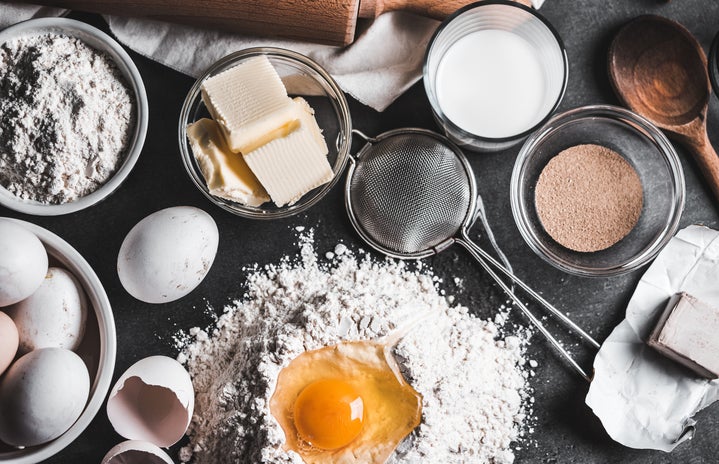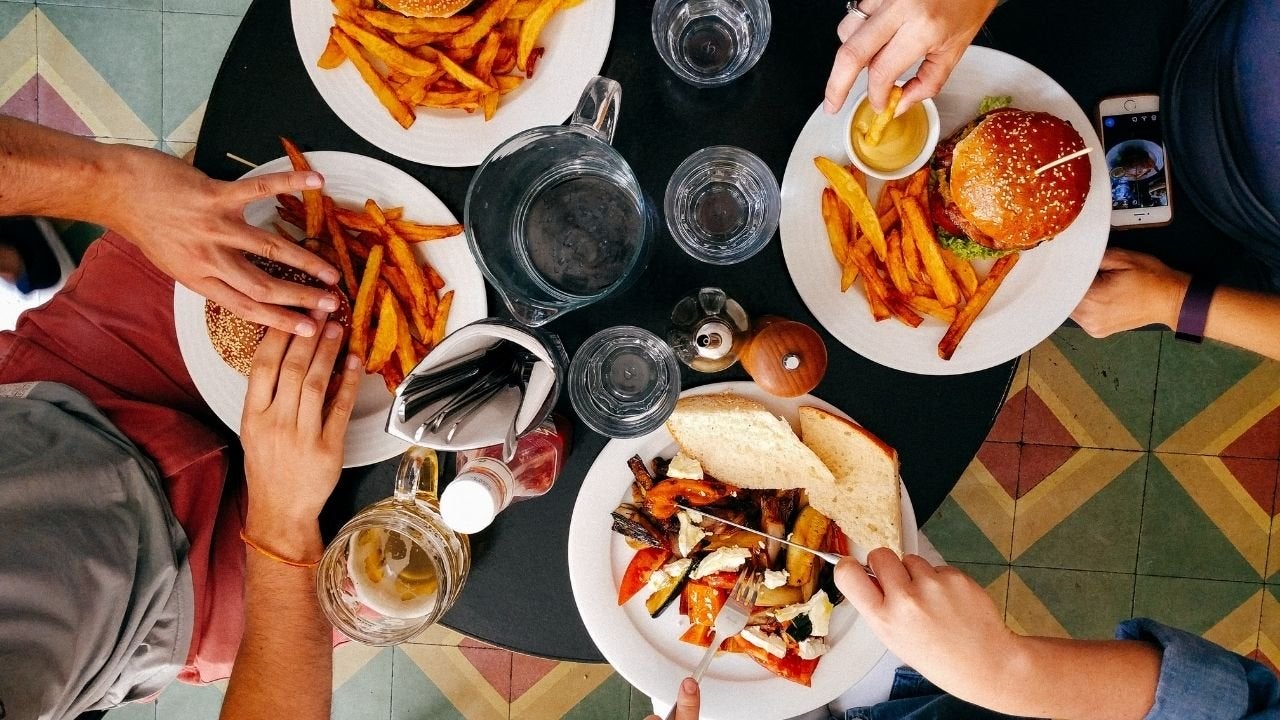Looking back, the highlights of my childhood memories almost always took place in the kitchen: my brother and I crowding around my father to get a taste of his homemade tiramisu, my mom handing me a bowl of freshly cut fruit after school every day and my family of four eating around our six-person dining table with my cats sitting in each of the empty chairs.
It wasn’t until I started college that I learned about the five love languages — words of affirmation, physical touch, quality time, acts of service and receiving gifts. And, upon learning about what they are and what each of them means, it all felt really foreign to me.
Growing up, my home was never a place where physical or verbal affection was expressed — a byproduct of how my immigrant parents were raised — and for some, that fact might seem like a shame, but I don’t remember my childhood being anything but full of love.
Though love was never expressed in the traditional sense, it was always there as long as you looked closely. My brother and I had a roof over our heads, clothes on our backs, all the toys and trinkets we ever asked for and plenty of food on the table.
Like many Asian children, I’ve become quite adept at reading the cryptic emotional signs of my family. Big hugs and open praise are instead replaced with carefully wrapped food on the table in the mornings when everyone else has already left for work or messages like, “We tried this really great restaurant today. Let’s go there the next time you’re home.”
My dad buys me chocolate when he goes to the store because he knows I’ll never say no to sweets. My mom packed my lunch for school every day in elementary, middle and high school — and she still does this for me while I’m in college by sending me home-cooked meals and fresh fruits, so my fridge is never empty. My parents always treat me to meals whenever I’m around and will fight to their deaths in the middle of a restaurant for the right to get the bill.
One of my parents’ favorite questions is, “What did you eat today?” It doesn’t matter what time of day it is or which meal they might be referring to. Rather than asking each other how we are or how we’re feeling, we end up spending most of our time describing our dinners over the phone. Although my parents are not the most expressive — and some might view this as being dry or uninterested — they’re the most generous humans I know. These are our moments of affection.
There was a point in my life where I struggled with understanding why it was so difficult for my family — myself included — to spit out the words “I love you” or why we never screamed in excitement for each other when celebrating accomplishments. It took a while for me to understand that people have different ways of expressing their love and that my family is unique in this way. We love each other through immense thoughtfulness, unwavering loyalty and a whole lot of food. Not better, not worse, just a little bit different.




